Is Epinephrine Recommended For Use In Patients With Heart Disease
Is epinephrine recommended for use in patients with heart disease. Despite the attainment of these goals circulatory and respiratory problems will be encountered. On a background of thorough medical preperation safe anesthesia for the patient with heart disease consists of the careful selection of preanesthetic medication flawless technic and use of minimal quantities of anesthetic agents and adjuncts. 1 the Journal of the American College of Cardiology.
However current evidence suggests that intramuscular epi is safe in all patients with anaphylaxis and there is no specific exception for older patients or those with cardiac disease. For patients in cardiac arrest administering epinephrine helps to restart the heart but may increase the overall likelihood of death or debilitating brain damage according to a study. As a dental hygienist myself i request anaesthetics without epinephrine because i have mitral valve prolapse and my heart.
1 Careful monitoring and avoidance of adrenaline overdose is necessary in these patients. Therapy with sympathomimetic agents should generally be avoided or administered cautiously in patients with sensitivity to sympathomimetic amines hyperthyroidism or underlying cardiovascular or cerebrovascular disorders. Cardiovascular disease so long as preliminary aspiration is practiced the agent is injected slowly and the smallest effective dose is administered8 It has long been recommended that the total dosage of epinephrine be limited to 004 mg in cardiac risk patients910 This equates to approximately two.
It should be stressed that adrenaline is not contraindicated in individuals with underlying ischaemic heart disease as the decrease in filling pressure due to anaphylaxis is likely to result in further coronary ischaemia grade C. According to current guidelines heart diseases that are absolute contraindications to the use of epinephrine-containing anesthetic solutions are. Hence the use of alternative gingival displacement medicaments are recommended in patients with cardiovascular problems.
Epinephrine or adrenaline as it. Home study science biology cell biology cell biology solutions manuals Modern Dental Assisting 10th edition chapter 29 problem 11R. Epinehrine is a common component of most dental anaesthetics.
Unstable angina recent myocardial infarction less than 6 months recent coronary bypass surgery less than 6 months refractory arrythmias untreated or uncontrolled severe hypertension and untreated or uncontrolled congestive heart failure. There were no significant differences in hemodynamic responses related to the extent of the cardiac functional capacity. No patient complained of cardiac symptoms.
Studies in adults have suggested that early administration of epinephrine results in more favorable outcomes for patients following cardiac arrest. The patient to the maximum dose of 02 mg 200 μg for a healthy adult and nearly five times the recommended amount of 004 mg 40 μg for a cardiac patient 9.
Despite the attainment of these goals circulatory and respiratory problems will be encountered.
However current evidence suggests that intramuscular epi is safe in all patients with anaphylaxis and there is no specific exception for older patients or those with cardiac disease. Studies in adults have suggested that early administration of epinephrine results in more favorable outcomes for patients following cardiac arrest. For patients in cardiac arrest administering epinephrine helps to restart the heart but may increase the overall likelihood of death or debilitating brain damage according to a study published Dec. As a dental hygienist myself i request anaesthetics without epinephrine because i have mitral valve prolapse and my heart. Unstable angina recent myocardial infarction less than 6 months recent coronary bypass surgery less than 6 months refractory arrythmias untreated or uncontrolled severe hypertension and untreated or uncontrolled congestive heart failure. These agents should not be used in patients with severe coronary artery disease or severeuncontrolled hypertension. No patient complained of cardiac symptoms. We concluded that lidocaine-epinephrine was safe and had few if any hemodynamic consequences in patients with cardiovascular disease. It can cause irregular heart beats which is why it is avoided in cardiac patients.
1 the Journal of the American College of Cardiology. These agents should not be used in patients with severe coronary artery disease or severeuncontrolled hypertension. However current evidence suggests that intramuscular epi is safe in all patients with anaphylaxis and there is no specific exception for older patients or those with cardiac disease. To evaluate electrocardiographic and blood pressure parameters during restorative dental procedure under local anesthesia with and without a vasoconstrictor in patients with coronary. On a background of thorough medical preperation safe anesthesia for the patient with heart disease consists of the careful selection of preanesthetic medication flawless technic and use of minimal quantities of anesthetic agents and adjuncts. 1 the Journal of the American College of Cardiology. Epinephrine or adrenaline as it.




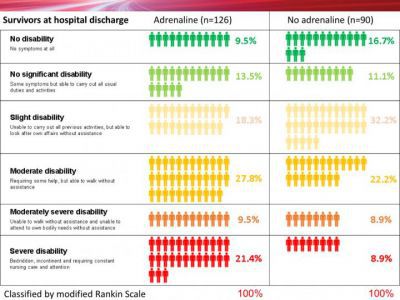
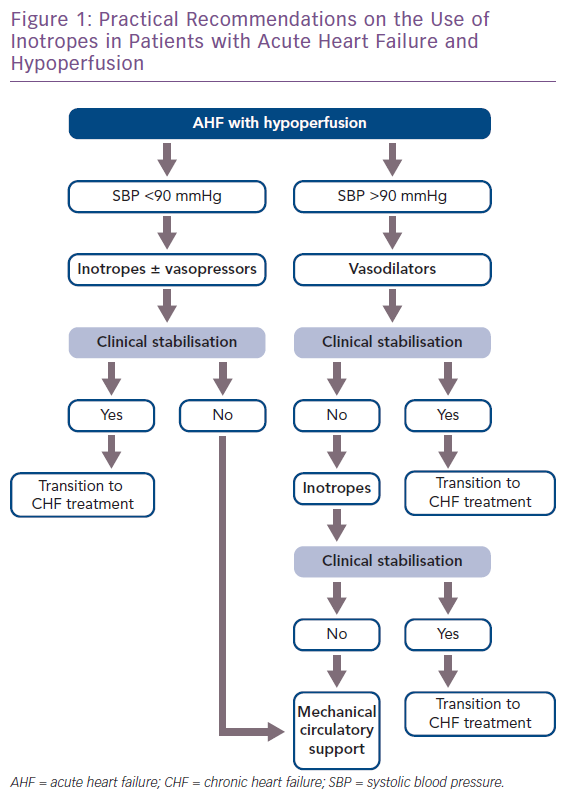
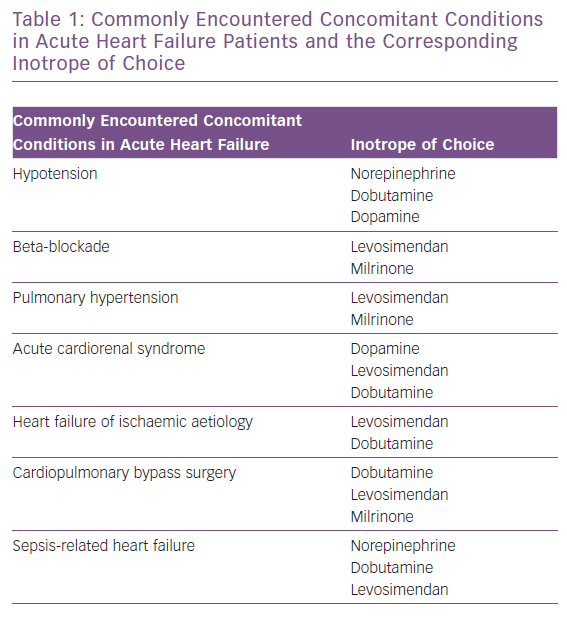

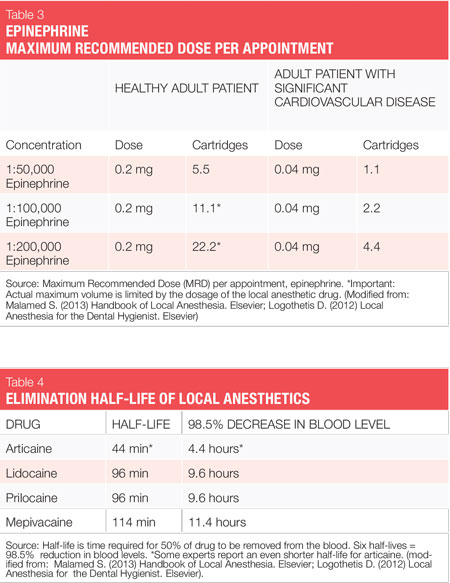











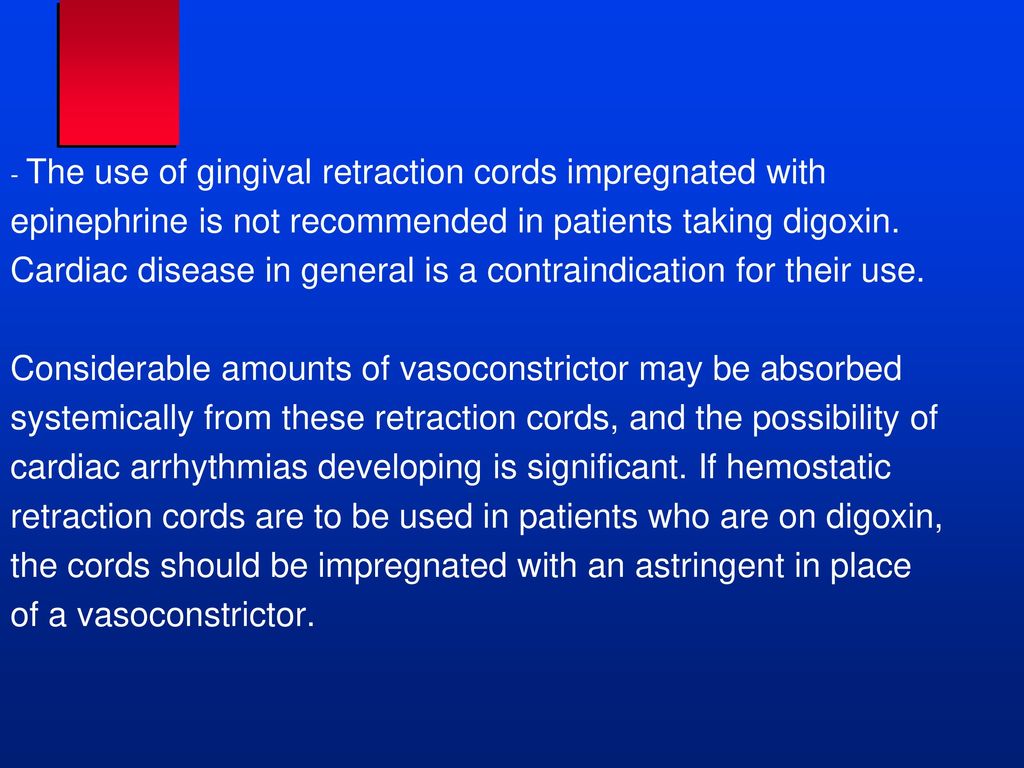






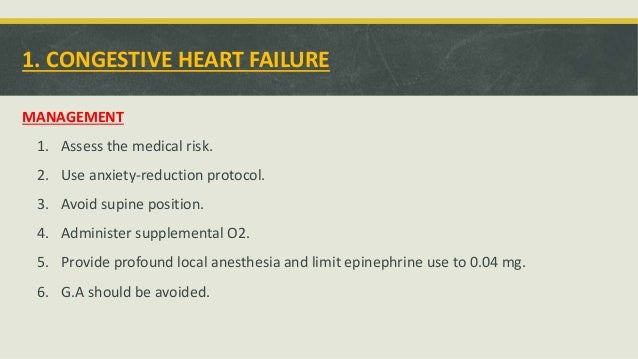
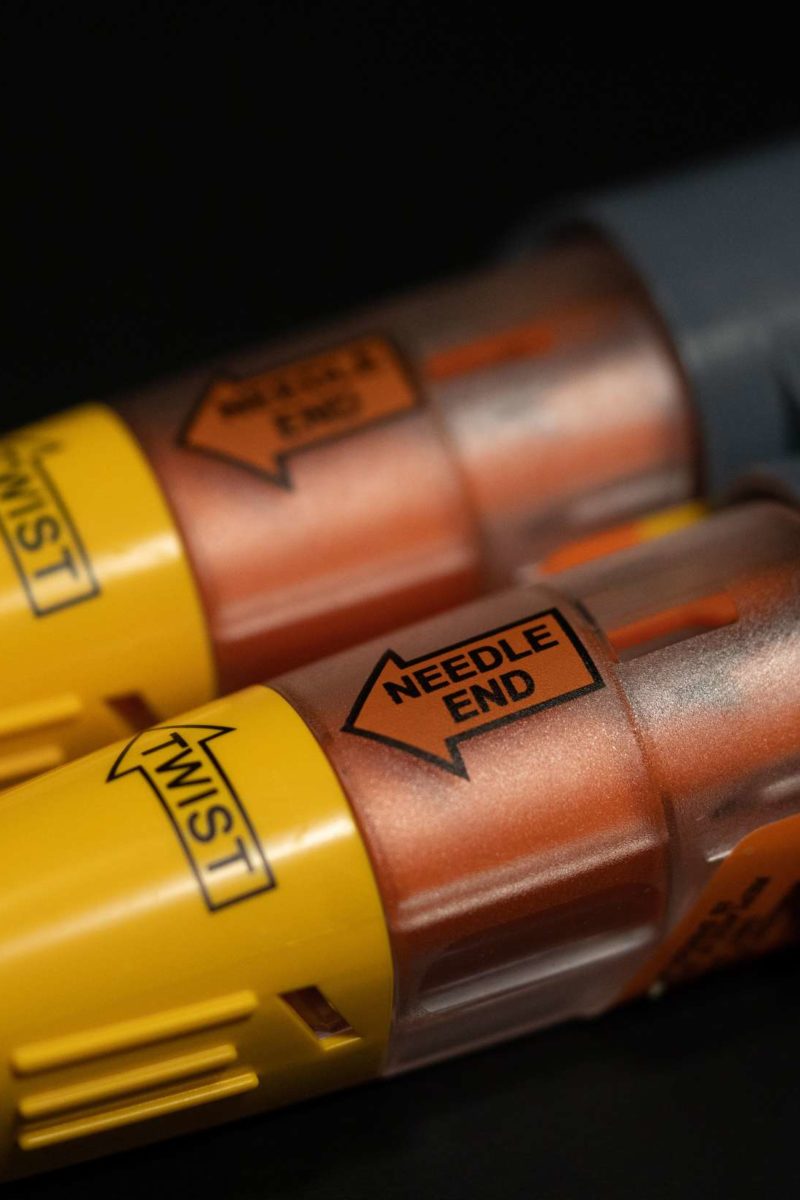



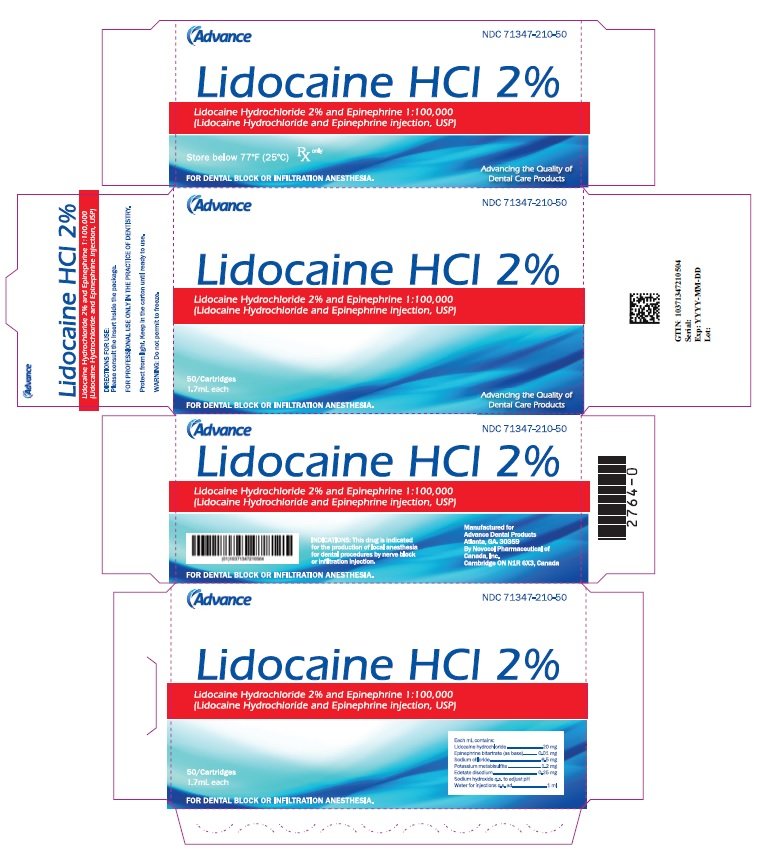
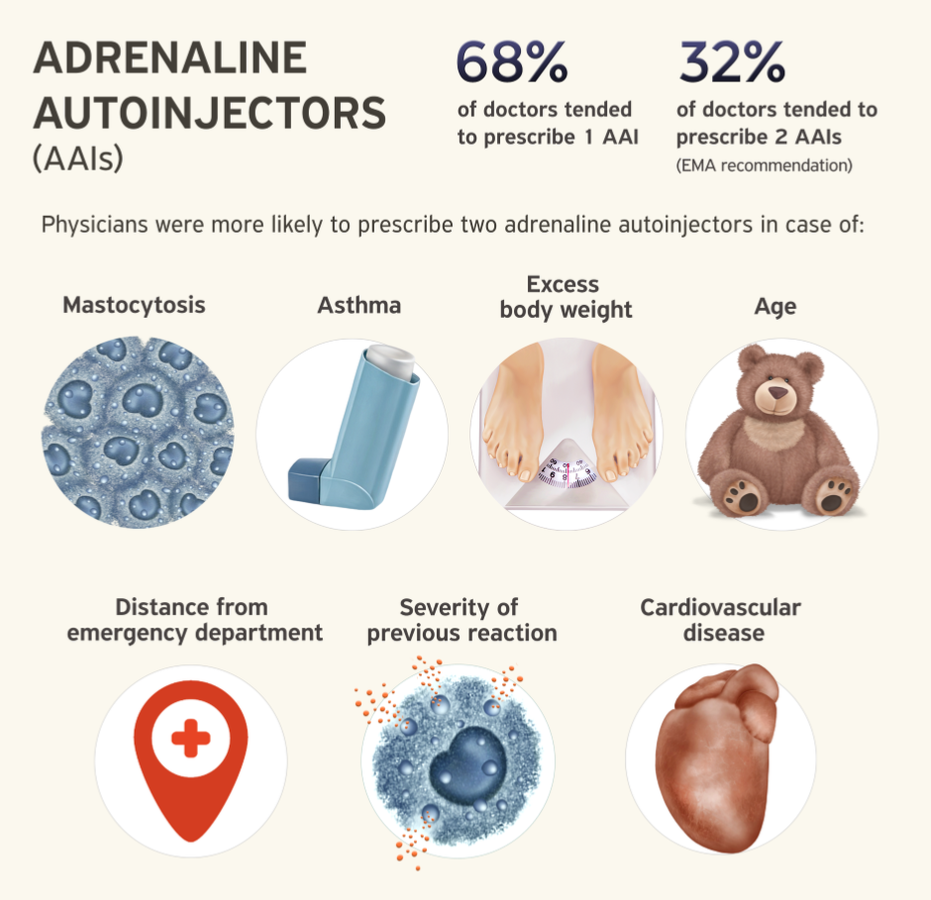
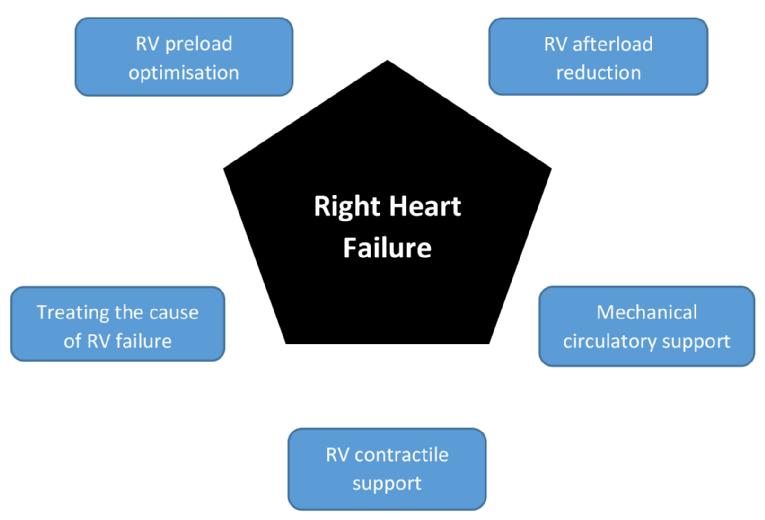

:max_bytes(150000):strip_icc()/overview-of-heart-disease-4160961_final-152f46073f2242999b771e409973825b.png)
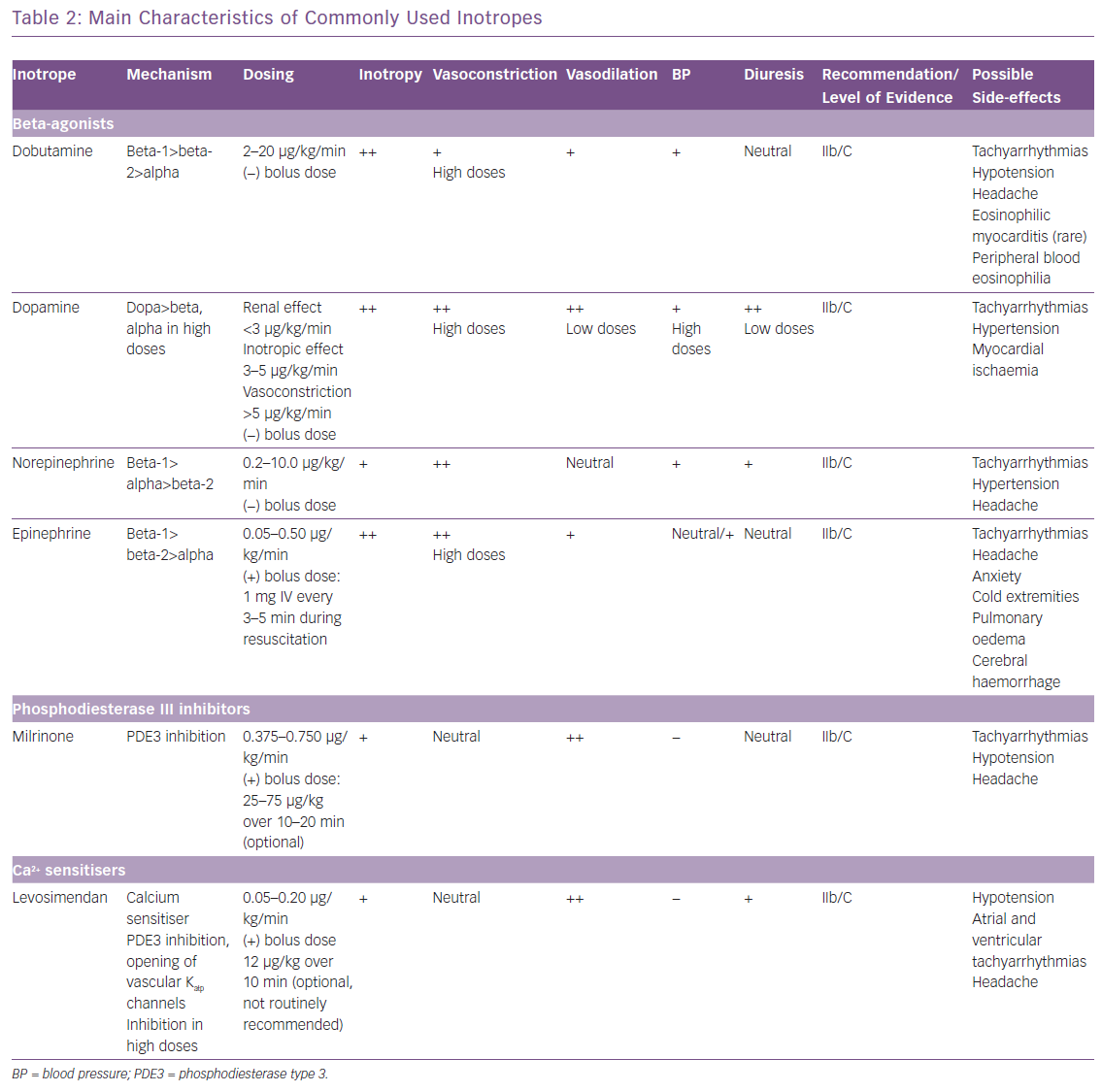



Post a Comment for "Is Epinephrine Recommended For Use In Patients With Heart Disease"